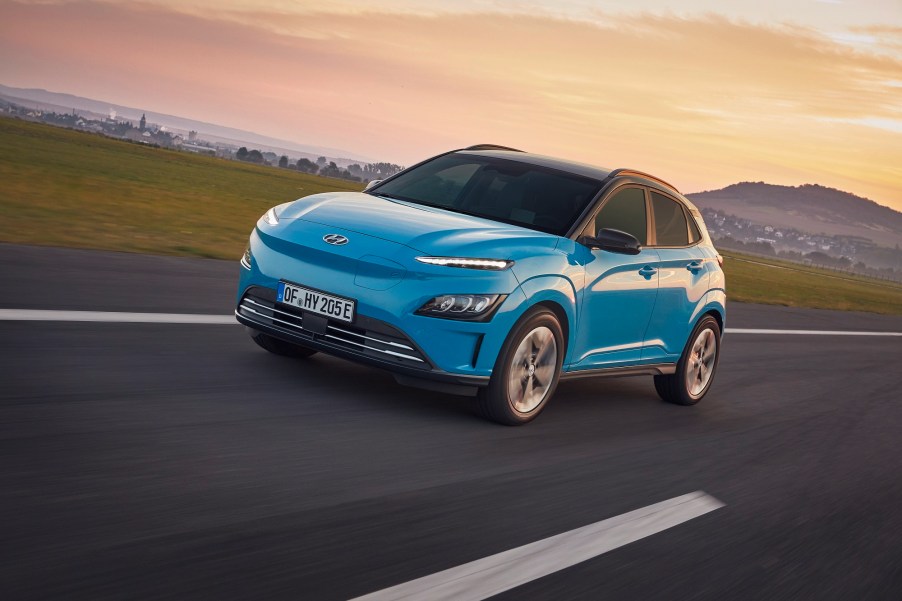
Here Are the Top 3 Reasons Americans Hesitate to Buy EVs
There is certainly no shortage of folks who are happy to tell you that they would never buy an EV. However, there is also an extremely vast amount of people who would consider it. That being said, EV technology on a massive scale is still pretty new, so people are hesitant to buy them. Here are the top three reasons Americans hesitate to buy EVs.
Charging logistics are the number one reason potential EV buyers are hesitant

Consumer Reports surveyed over 8,000 Americans from varying locations, ethnicities, and backgrounds to get their insight on electric vehicles. Over one-third of the surveyed individuals cited that they are planning to purchase a fully electric vehicle or would consider it. However, the number one reason the survey respondents say they’re hesitant is charging logistics.
Though there are already thousands of EV charging stations nationwide, their concentration is largely around big cities. For many folks in more rural areas, there aren’t a lot of charging options available to them. Moreover, some places do not have charging stations at all. Though the impressive charge range of many vehicles makes it possible for most commuters to execute their daily travels by just charging at home, that isn’t the case for everyone.

Most of all, potentially not knowing where the next charger will be available when traveling is indeed a stressful thought. However, many modern EVs have built-in charging logistics. Vehicles like Tesla and Lucid will even map out your planned trip and show you where and when to stop and charge.
Despite this being the case, CR reports that nearly two-thirds of survey respondents stated this as the primary reason they hesitate to buy EVs.
Range anxiety is nearly as prominent an issue

Though EVs with extremely sub-par range is largely a thing of the past, many car shoppers can’t necessarily afford a brand new car. So, an EV’s driving range is definitely something to keep in mind.
However, ultra-range EVs like the Lucid Air Dream and Tesla Model S Long Range are prohibitively expensive, with price tags in the six-figure range. That being said, the cheapest EV you can currently buy, the 2022 Chevy Bolt, has a range of over 250 miles on a charge. Chevy’s mighty little EV has had a charge range north of 200 miles since its debut in 2016, too. So, used car shoppers do have some fairly long-range options.
However, for folks who travel a lot, that sort of range just might not do. Over half of the respondents to CR’s survey cited range as a stopping point for buying an EV.
Cost of purchase and maintenance

Finally, over half of those surveyed stated that the cost to purchase and/or maintain an EV are stopping points for buying one. EV maintenance is typically extremely affordable because of the minimal wear items. However, failure of major electric components can cost eye-watering amounts of money. In the case of Tesla, a used battery pack can fetch over $30,000.
Though many used EVs have outstanding warranties, the cost of fixing an EV that’s out of warranty is more than enough to scare folks off. Though these types of failures are not explicitly common, they do happen from time to time.
Ultimately, many Americans also hesitate to buy EVs because they’ve never interacted with one. CR reports only seven percent of Americans have driven an EV within the past 12 months. However, a fifth of those who claim to have an interest in buying one have been behind the wheel within the last year.
Long story short, EV technology is rapidly growing. As the old adage goes, don’t knock it until you try it! They may not work out for everyone, but that doesn’t mean they don’t work great for others!



